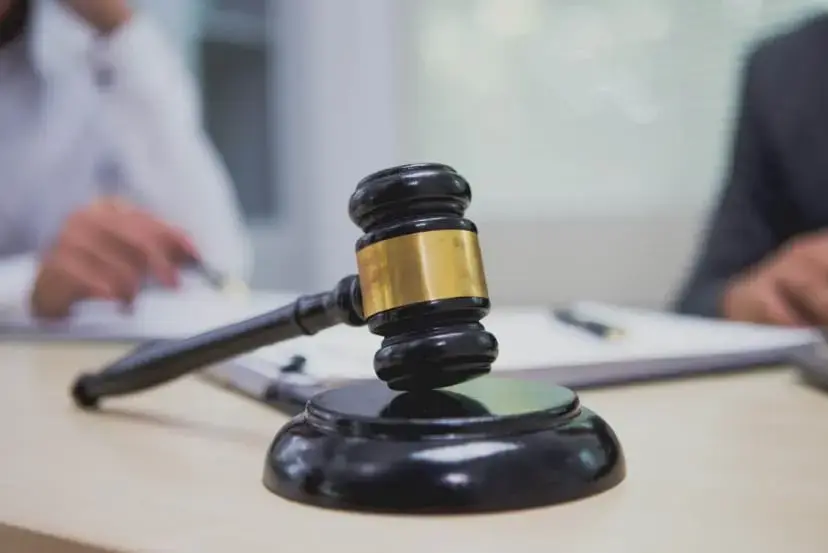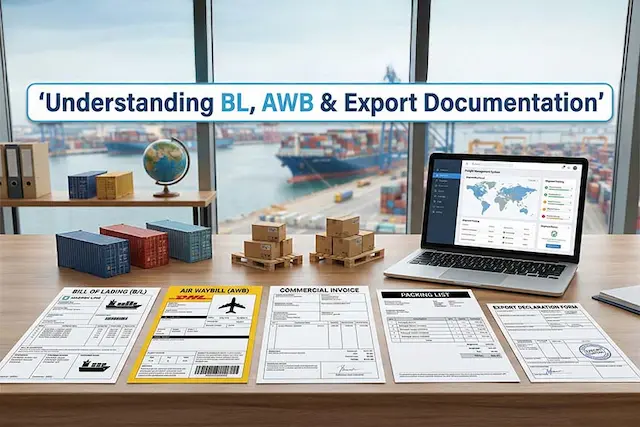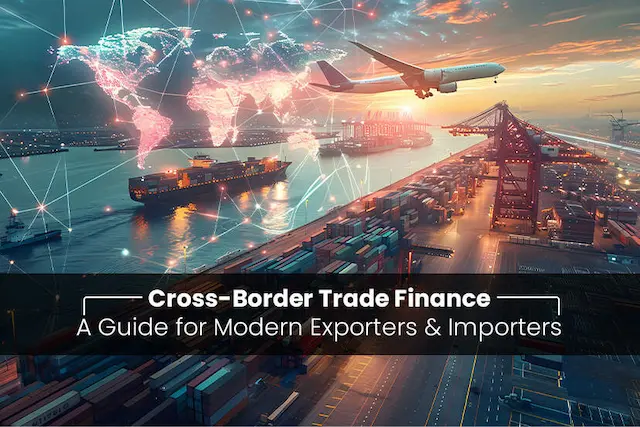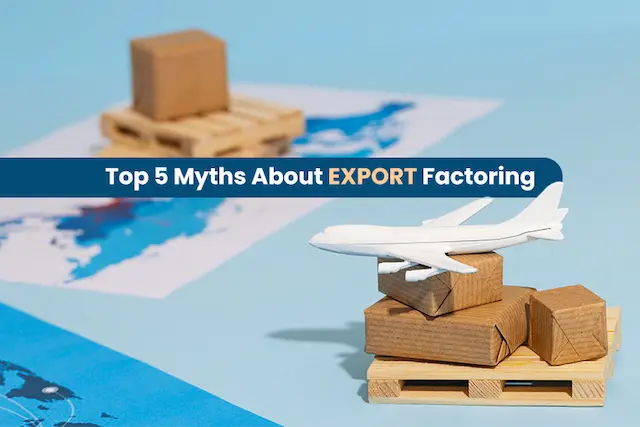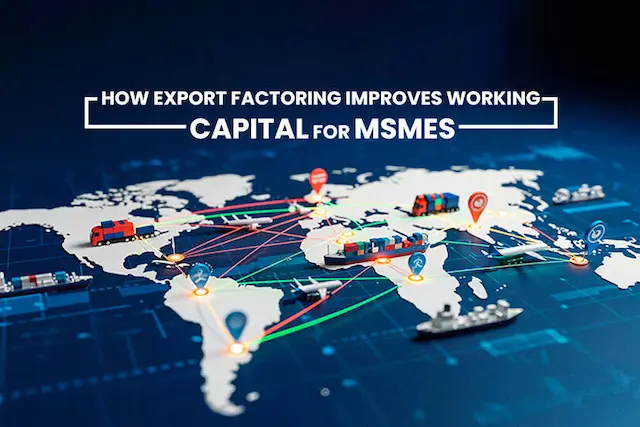The Legal Metrology Packaged Commodities (LMPC) Certificate plays a crucial role in ensuring that businesses adhere to regulations concerning the accurate measurement and labeling of pre-packaged goods. This is particularly important for importers, manufacturers, and distributors in India, where consumer rights are protected under the Legal Metrology Act, 2009. This guide will explain the LMPC certificate, its importance, the process of obtaining it, and its role in modern trade.
What is the Legal Metrology Act, 2009?
The Legal Metrology Act, 2009 governs the regulation of weights and measures in India, particularly regarding the sale of pre-packaged goods. Pre-packaged goods refer to any product that is packaged in a specified quantity without the purchaser being present. These goods must meet precise standards for weight, measurement, or quantity. The Act ensures consumer protection by promoting transparency and fair trade practices, making it mandatory for certain businesses to register under it.
Understanding the LMPC Certificate
The LMPC Certificate, or Legal Metrology Packaged Commodities Certificate, is required for importing, selling, or distributing pre-packaged commodities in India. According to the Legal Metrology Packaged Commodity Rules, 2011, it is mandatory for all packers and importers to obtain this certificate. Registration under Rule 27 of these rules ensures that goods are measured accurately and that consumers receive the correct quantity of product they are paying for.
Notably, certain goods are exempted from the need for an LMPC certificate. For example, packers dealing in goods weighing less than 10 grams or 10 milliliters, and agricultural products exceeding 50 kilograms, are not required to obtain this certification.
Why is the LMPC Certificate Important?
The LMPC certificate is critical for maintaining consumer trust and ensuring compliance with national and international trade regulations. Here are some key reasons why it is important:
1. Consumer Protection and Transparency:
Consumers rely on accurate labeling to make informed decisions when purchasing pre-packaged goods. They need to know the exact quantity, weight, and price of the product. The LMPC certificate ensures that businesses provide this information accurately, protecting consumers from being misled or deceived.
2. Preventing Unfair Trade Practices:
The certification prevents dishonest practices such as underweight packaging or misrepresentation of product quantities. By standardizing measurement practices, businesses can avoid disputes with customers and trading partners.
3. Compliance with National Standards:
The LMPC certificate helps businesses align with India’s legal standards, ensuring their operations are legal and legitimate. It also assists businesses in maintaining uniformity in trade across state borders, which is essential for national and international commerce.
4. Global Trade Compliance:
In an increasingly globalized market, adhering to legal metrology standards helps Indian businesses meet international requirements. This facilitates smoother trade relationships with global partners, ensuring that Indian products meet the necessary standards abroad.
Responsibilities of LMPC-Certified Importers and Manufacturers
For any importer or manufacturer of pre-packaged goods, acquiring the LMPC certificate comes with certain responsibilities. These include making specific declarations on all product packaging. The information that must be displayed includes:
– Name and address of the importer/manufacturer
– General name of the goods inside the package
– Country of origin (for imported goods)
– Total quantity in standard units of weight or measurement
– Date of import/manufacture
– Maximum Retail Price (MRP)
– Size and dimensions of the goods
– Contact details for consumer complaints
This declaration is vital for maintaining transparency in trade and ensuring consumers are fully informed about the products they purchase. Importers and manufacturers who fail to comply with these rules may face fines of up to Rs. 4,000. Additionally, a late fee will be imposed on businesses that apply for an LMPC certificate more than 90 days after starting import operations.
The Role of Legal Metrology in Modern Trade
Legal metrology, or the science of measurement, plays an essential role in today’s trade landscape. It regulates weighing and measuring instruments, such as scales, thermometers, and any goods quantified by weight, measure, or number. The LMPC certificate ensures that businesses using these instruments comply with legal standards and meet customer expectations. Below are a few ways legal metrology impacts modern trade:
1. Promoting Fair Trade:
Legal metrology helps eliminate disputes between buyers and sellers. When a consumer purchases a product, such as 1 kilogram of rice, they expect to receive exactly that amount. Legal metrology ensures the use of reliable and accurate instruments to meet these expectations.
2. Inventory Management:
Proper measurement and labeling of products allow businesses to manage their inventory more efficiently. It reduces fraud and improves stock control, ensuring manufacturers and sellers always know how much stock they have available.
3. Collection of Government Revenue:
Accurate measurement of goods is also crucial for the collection of government taxes, such as excise and customs duties. These taxes contribute significantly to national revenue, so the correct weighing and measuring of goods ensure the government collects its due share.
Process of Applying for an LMPC Certificate
Obtaining an LMPC certificate is a relatively straightforward process that can be completed online in most states. Below are the key steps:
1. Online Application:
Many state governments in India have introduced online portals to streamline the application process. Applicants must fill out the required forms and submit the necessary documents. This digital process saves time and reduces paperwork.
2. Details Required:
During the application, importers and manufacturers need to provide specific details such as:
– Name of the applicant
– Generic name of the commodity
– Address of the premises where the goods will be imported or manufactured
– A list of other required documents, including identity proof, address proof, and the Importer-Exporter Code (IEC).
3. Registration Fee:
Applicants must pay a registration fee of Rs. 500. The application is then reviewed by the registering authority, and it usually takes up to 20 days to receive the LMPC certificate.
4. Documents Required:
The required documents for applying for an LMPC certificate typically include:
– Identity proof and address proof
– GST registration certificate
– Aadhaar number
– IEC code (for importers)
– Passport-size photograph of the applicant
– Declaration sample (to be included on the packaging)
– Memorandum of articles (for companies) or partnership deeds (for partnership firms).
In some states, additional documents may be required. For instance, in Delhi, businesses may need to provide trade licenses, packing labels, and proof of the commercial area. Each state may have its own specific requirements for documentation, so it is essential to check with the local Legal Metrology Department.
Frequently Asked Questions
1. How can I get an LMPC certificate in Delhi?
In Delhi, businesses can apply for an LMPC certificate through the Legal Metrology Department’s online portal. The registration fee is Rs. 500 for manufacturers, importers, and packers, and Rs. 100 for dealers and repairers. Applicants must ensure all documents are self-attested and uploaded in the required format.
2. How can I get an LMPC certificate in TamilNadu?
In Tamil Nadu, applicants must visit the office of the Assistant Controller of Legal Metrology to apply in person. The application forms and necessary documents can be obtained from the governing office.
3. Who is authorized to grant an LMPC certificate?
The Controller of Legal Metrology in each state and the Director of Legal Metrology at the Centre are authorized to grant LMPC certificates.
4. How long does it take to get an LMPC certificate?
It usually takes around 20 days for the LMPC certificate to be granted after submitting the application.
Conclusion
The LMPC certificate is an essential regulatory requirement for businesses dealing in pre-packaged goods in India. It ensures that products meet accurate standards of weight, measure, and price, thereby promoting transparency and protecting consumer rights. Obtaining an LMPC certificate is a straightforward process, and compliance with its regulations is crucial for businesses looking to avoid fines and operate legally in the Indian market. By following the guidelines under the Legal Metrology Act, 2009, businesses can contribute to fair trade practices, proper inventory management, and the collection of government revenues while ensuring consumer trust.
